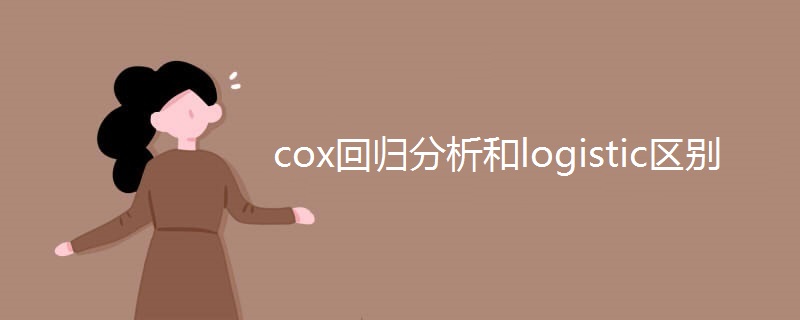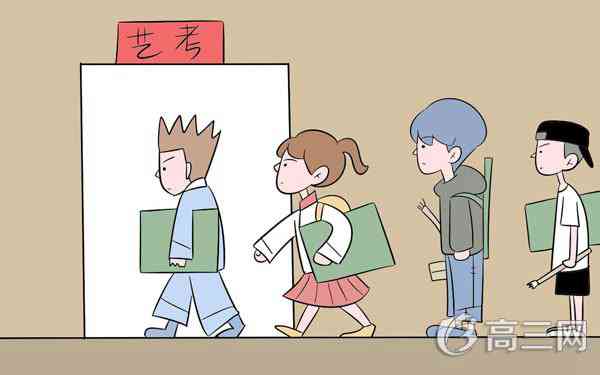due to 和because of的区别
2024-02-17 10:49:14文/崔欢"due to" 和 "because of" 在英语中都可以表示原因,但它们的用法和位置有所不同。"due to" 和 "because of" 在某些情况下可以互换,例如在 "It is + due to/because of" 结构中,或者在 "due to" 和 "because of" 后面跟的是名词而非动词时。然而,在大多数情况下,它们不能随意互换,因为它们的用法和位置有所不同。

due to 和because of有哪些不同
"due to" 通常用于表示原因或理由,后面通常跟名词,而不是完整的句子。例如:"The delay was due to heavy traffic"(延迟是因为交通堵塞)。
"because of" 后面通常跟名词或动名词,也可以跟完整的句子。例如:"He is tired because of working overtime"(他很累是因为加班工作)。
due to 和because of的例句
Due to
1.Unfortunately, due to unforeseen circumstances, this year's show has been cancelled.
遗憾的是,由于一些意外情况,今年的演出被取消了。
2.In part this attitude was due to fear of trade union and employee reactions.
在某种程度上,这一态度是由于害怕工会和雇员的反应。
3.The country's economic problems are largely due to the weakness of the recovery .
该国的经济问题很大程度上是因为复苏乏力。
because of
1.It is mainly because of my fault.
这主要是由于我的过错。
2.The game was postponed because of rain.
因雨,比赛延期了。
3.It is happening in this fashion because of the obstinacy of one woman.
事情会如此发展是因为一个女人的固执己见。
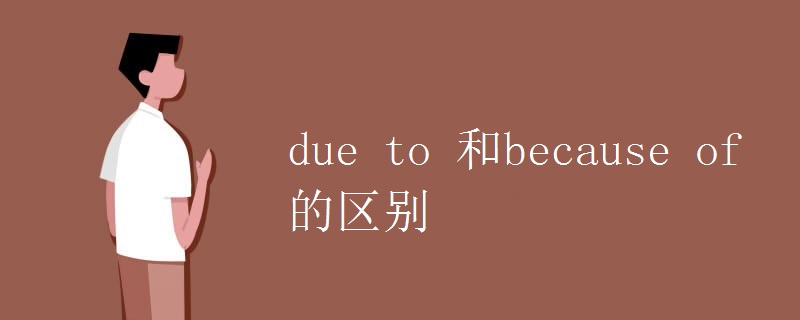 due to 和because of的区别
due to 和because of的区别dueto和becauseof的区别主要在于含义以...
2023-12-14 due to的用法有哪些 常见使用方法整理
due to的用法有哪些 常见使用方法整理due to表示由于,因为,due to 主要引导...
2021-10-25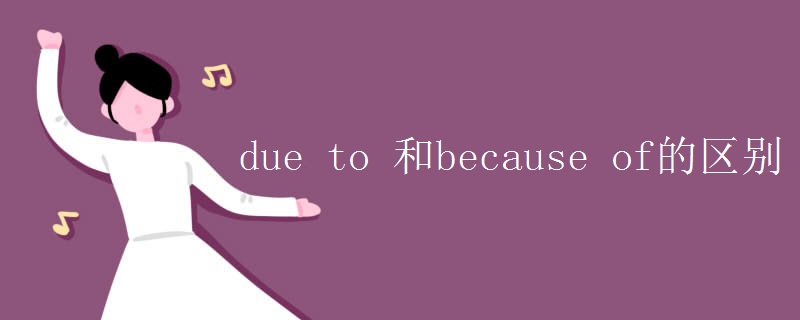 due to 和because of的区别
due to 和because of的区别按照传统语法,due to主要引导表语,becau...
2021-10-11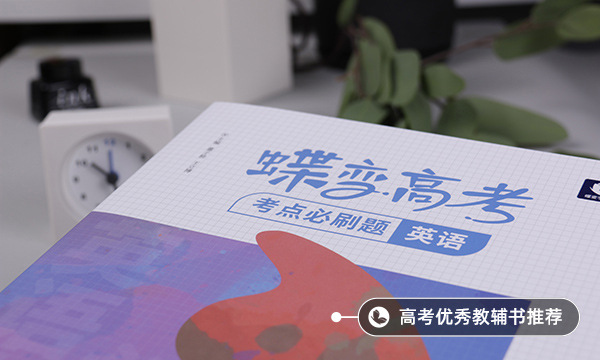 due to的用法 有哪些常用方法
due to的用法 有哪些常用方法第一种用法,dueto主要引导表语,也可引导状语。...
2021-09-22 due to 后面可以加句子吗
due to 后面可以加句子吗due to后面跟名词,分词或者动名词,可以加句子...
2021-07-16 due to后面接什么
due to后面接什么due to后面跟的是名词性的词语,包括名词、动名...
2019-12-11 due的用法
due的用法due用作形容词表示应有的,到期的,预定的等含义,...
2019-07-26 every time 和everytime的区别
every time 和everytime的区别everytime 某个时间,every time...
2024-02-17 intelligent和intellectual有什么区别
intelligent和intellectual有什么区别"intelligent" 和 "intelle...
2024-02-17 intense和intensive的区别
intense和intensive的区别intense 和 intensive 在词性、固...
2024-02-17 join in 和take part in有什么区别
join in 和take part in有什么区别“take part in”在句子中的谓语动词形式...
2024-02-17 英语词性分类12种及缩写 英语词性基本搭配口诀
英语词性分类12种及缩写 英语词性基本搭配口诀英语词性的分类及缩写分别是:名词(n)、代词(pr...
2024-02-08 及物动词与不及物动词的区别 如何区分
及物动词与不及物动词的区别 如何区分及物动词和不及物动词的区别在于所带的宾语不同。不及...
2024-02-08 英语人称代词顺口溜 怎么记忆
英语人称代词顺口溜 怎么记忆英语人称代词:我是I,你是you,he、she、i...
2024-02-08 人称代词有哪些 如何记忆
人称代词有哪些 如何记忆人称代词是指直接指代人或者事物的代词。在英语和汉语...
2024-02-08
点击查看 高中英语语法 更多内容





